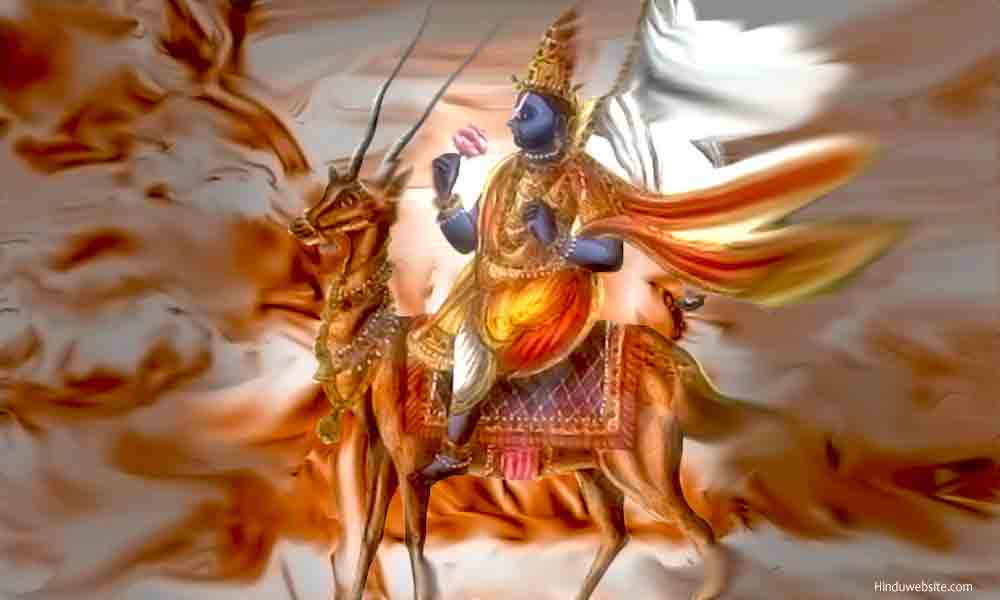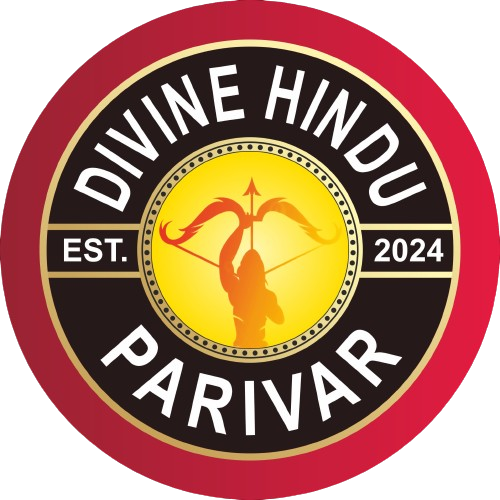
Vayu, also known as Vayudeva or Marut, is the Hindu god of the wind and the vital life force, or Prana. Vayu is a significant deity in Hindu mythology and plays an essential role in the balance and harmony of the natural world. Here are some key aspects of Vayu as a god:
- God of the Wind: Vayu is primarily associated with the wind, representing its force and power. He is responsible for the movement of air, which influences weather patterns, aids in the dispersion of scent and sound, and has a vital role in the balance of the natural world.
- Prana: Vayu is often equated with Prana, which is the life force or vital energy that sustains all living beings. Prana is essential for breathing and the circulation of life force throughout the body. Vayu’s role in this context is to maintain the breath of life.
- Father of Hanuman: Vayu is recognized as the father of Hanuman, a central character in the Hindu epic, the Ramayana. Hanuman is a devoted devotee of Lord Rama and is known for his immense strength, courage, and devotion to dharma (righteousness).
- Forms and Aspects: Vayu is sometimes depicted with a green or black complexion, riding on an antelope or a chariot drawn by horses. He is often shown with a flag and a banner to represent the wind’s direction and force.
- Association with Other Deities: Vayu is sometimes considered as one of the eight Vasus, a group of deities associated with the elements of nature. He is also considered the chief of the Maruts, a group of wind deities, and is associated with Rudra, a Vedic deity associated with storms and tempests.
- Importance in Yoga and Ayurveda: Vayu plays a crucial role in the practices of yoga and Ayurveda. In yoga, there are various pranayama (breathing) exercises that focus on regulating and controlling the breath, which is associated with Vayu. In Ayurveda, the balance of Vayu is essential for overall health and well-being.
Vayu is venerated in Hinduism and is invoked in prayers and rituals, especially those related to breath control, meditation, and physical well-being. His significance highlights the interconnectedness of nature, the breath of life, and the divine in Hindu cosmology.
Vayu is the god of, or personification of, wind, air or lifebreath (PraI) a). As the lord of the sky (Antariksa) he shares his power with Indra. He rides in a chariot drawn by two, ninety-nine, hundred or even thousand horses, (the number perhaps, depends upon his wish to produce an ordinary wind current or a storm or a cyclone!) His chariot announces his arrival with terrific roars. However, he himself is invisible. Like Indra he is also fond of the Soma juice. It is he who is the basis of all life here. Inside our bodies he works as the five vital airs (Pancaprana).
Like Rudra, he is also a physician and can effect wonderful cures.
In mythology he is the ruler of the north-western quarter. He is described as blue in colour and as holding a fan and a flag in two hands, the other two hands showing the Abhaya and Varada Mudras (indicating protection and granting of gifts).
